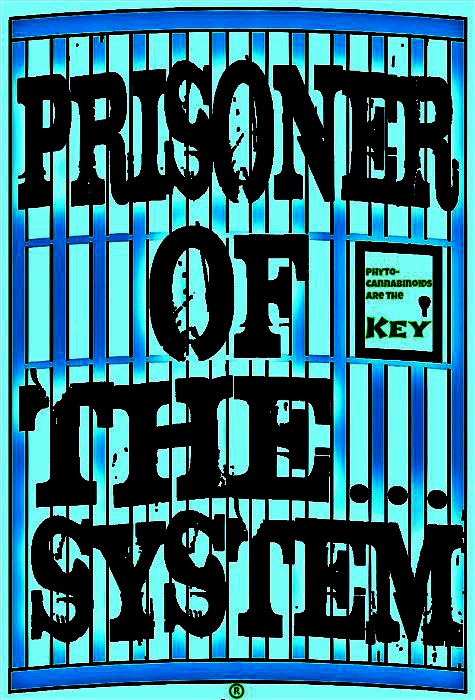Design considerations for legalizing cannabis: lessons inspired by analysis of California’s Proposition 19.
Abstract
AIMS:
 No modern jurisdiction has ever legalized commercial production, distribution and possession of cannabis for recreational purposes. This paper presents insights about the effect of legalization on production costs and consumption and highlights important design choices.
No modern jurisdiction has ever legalized commercial production, distribution and possession of cannabis for recreational purposes. This paper presents insights about the effect of legalization on production costs and consumption and highlights important design choices.
METHODS:
Insights were uncovered through our analysis of recent legalization proposals in California. The effect on the cost of producing cannabis is largely based on existing estimates of current wholesale prices, current costs of producing cannabis and other legal agricultural goods, and the type(s) of production that will be permitted. The effect on consumption is based on production costs, regulatory regime, tax rate, price elasticity of demand, shape of the demand curve and non-price effects (e.g. change in stigma).
RESULTS:
Removing prohibitions on producing and distributing cannabis will dramatically reduce wholesale prices. The effect on consumption and tax revenues will depend on many design choices, including: the tax level, whether there is an incentive for a continued black market, whether to tax and/or regulate cannabinoid levels, whether there are allowances for home cultivation, whether advertising is restricted, and how the regulatory system is designed and adjusted.
CONCLUSIONS:
The legal production costs of cannabis will be dramatically below current wholesale prices, enough so that taxes and regulation will be insufficient to raise retail price to prohibition levels. We expect legalization will increase consumption substantially, but the size of the increase is uncertain since it depends on design choices and the unknown shape of the cannabis demand curve.
© 2011 The Authors, Addiction © 2011 Society for the Study of Addiction.
- PMID:
- 21985069
- [PubMed – indexed for MEDLINE]
-
MeSH Terms, Substances
MeSH Terms
- Advertising as Topic/economics
- Advertising as Topic/legislation & jurisprudence
- Agriculture/economics
- Agriculture/legislation & jurisprudence
- California
- Cannabis*
- Commerce
- Drug and Narcotic Control/legislation & jurisprudence*
- Health Policy/economics
- Health Policy/legislation & jurisprudence
- Humans
- Marijuana Smoking/economics
- Marijuana Smoking/legislation & jurisprudence*
- Street Drugs/economics
- Street Drugs/legislation & jurisprudence*
- Street Drugs/supply & distribution
- Taxes/economics
- Taxes/legislation & jurisprudence
Substances
LinkOut – more resources
Full Text Sources
Medical

